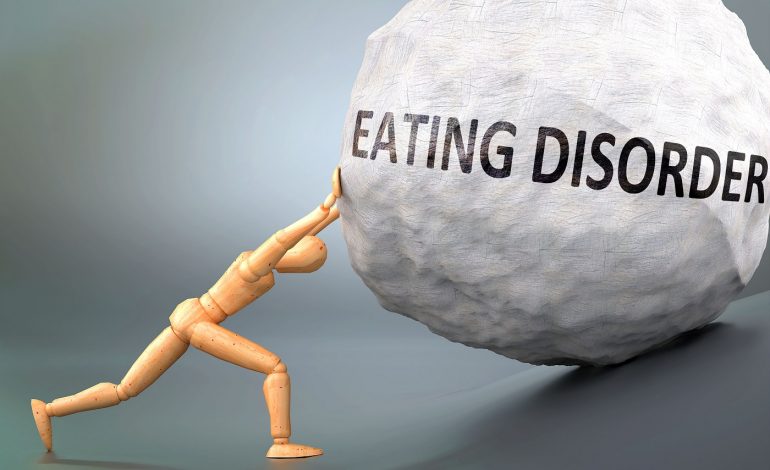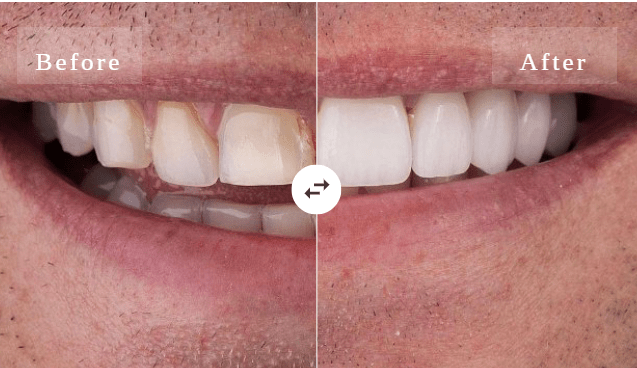4 Treatment Options For Eating Disorders

As the name suggests, an eating disorder is a condition whereby a person has an unhealthy eating habit. This disorder is believed to be a mental health issue that occurs when an individual is obsessed with food and their body shape or weight. Some of the factors that might cause this condition may be personality traits like perfectionism or impulsivity, social and cultural ideals, genetics, and differences in brain biology and structure.
Treatments People With Eating Disorders Could Consider
There are various types of eating disorders. For instance, anorexia nervosa is caused by an obsession with losing weight. In this case, a person refuses to eat healthy food and may starve themselves. Bulimia nervosa, on the other hand, involves overeating then removing the consumed food from the body through self-induced vomiting or diarrhea, exercising, dieting, or taking laxatives.

Another kind of eating disorder is binge eating disorder (BED), which occurs when a person doesn’t control their eating habits. It might cause them to consume a lot of food in a short period. However, the person doesn’t exercise or attempt to purge what they’ve taken in this case. As a result, they may overeat, and this could cause them to feel guilty, ashamed, and depressed.
As seen, different eating disorders have varying symptoms. However, they can cause severe health issues such as heart, brain, and other organ complications. If untreated, these conditions could be life-threatening. Fortunately, people with such disorders could recover. Some of the available treatment options for eating disorders include:
- Psychological Therapy
Psychological therapy or psychotherapy is one process that may help individuals struggling with eating disorders. A psychiatrist or psychologist helps patients identify and address thoughts, behaviors, and feelings related to their condition in this treatment. After that, the expert finds a suitable way to help them. Fortunately, patients don’t have to be physically present in their psychotherapy sessions. They can have online meetings with their therapists on sites like https://mvsgroup.com.au/ and others.
Usually, there are different types of psychotherapy treatments. For instance:
- Cognitive-behavioral therapy (CBT) helps one identify and change beliefs, thoughts, and feelings that cause eating disorders. CHT may help treat several eating disorders.
- Family therapy may be ideal for children with bulimia or anorexia. This treatment involves family members assisting their loved ones to recover by refeeding them and helping them regain a healthy weight.
- Interpersonal psychotherapy (IPT) helps identify, address, and resolve interpersonal and social issues that cause eating disorders. IPT may help treat BED and bulimia nervosa.
A good therapist will know what kind of psychotherapy is suitable for a patient. This may depend on age, disorder type and severity, needs, and preferences.
- Medications
Medicines can also treat eating disorders. However, they might not be effective on their own, and patients must combine them with psychotherapy. Usually, they might only treat eating disorder symptoms like anxiety or depression, especially for individuals struggling with BED or bulimia nervosa. The drugs administered may be mood stabilizers or antidepressants.
That said, a health professional must first examine a patient before prescribing any medicines to them. It helps ensure they don’t suffer any adverse side effects caused by the drugs provided.
- Nutrition Counselling
Nutritional counseling might also be recommended to treat eating disorders. This option involves a registered dietitian helping patients create a healthy meal plan, change their eating habits, adopt good ones, and attain healthy body weight.
Additionally, they may also walk with their patients through recovery, assisting them to avoid relapsing. If they fall back to their old eating habits, the dietitian might help them devise an efficient plan to set them back on the right path. To learn more about healthy nutrition, read more online.
- Yoga
Yoga might also be a good option for treating eating disorders. It may be so because the practice could alleviate symptoms like anxiety and depression that affect most patients. Besides that, it might also improve a person’s mood and help them fight negative thoughts, feelings, and emotions.
This way, yoga could help an eating disorder patient heal internally, develop a positive body image, and be more aware of their feelings, thoughts, and emotions. As a result, patients could stop habits like dieting or binge eating, consuming insufficient food, or starving themselves.
Conclusion
Eating disorders are mental health conditions that could affect anyone, regardless of race, age, or gender. These disorders could cause severe health complications and might be life-threatening if untreated. When looking to take care of your mental health, we recommend reading about Quilting: An Amazing Medicine to Your Mental Health.
Fortunately, patients could recover from eating disorders. In this article, you’ve learned about some of the treatment options available. For instance, one could consider psychological therapy, medications, nutrition counseling, or yoga. However, before starting any form of treatment, patients are advised to consult a doctor first. These professionals might help them choose a suitable option that’s more effective and less likely to affect their health.





